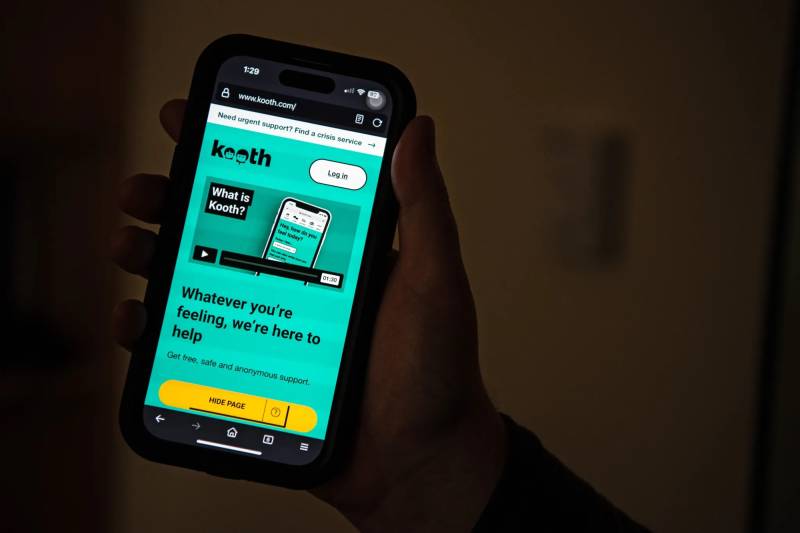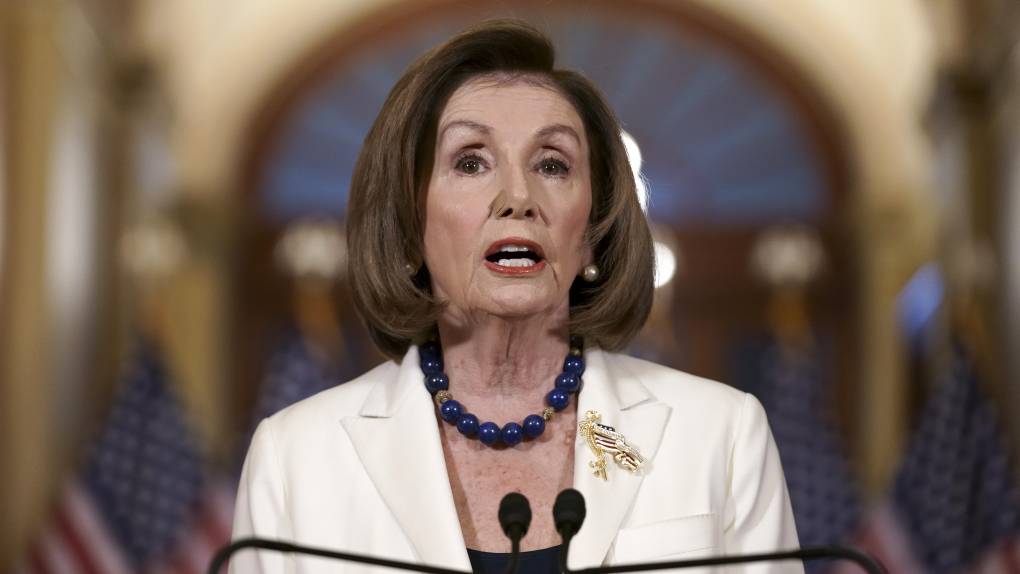State lobbying records show Kooth has paid around $100,000 this year to the firm Capital Advocacy. At the same time, Ewing’s emails and calendars show that he pushed for Kooth’s funding to be retained. For instance, his June 4 calendar shows he was scheduled to meet with Laura Tully, an executive from Kooth USA, at a coffee shop near the Capitol.
The next day, a whistleblower said, Ewing met with key Senate staff members: Scott Ogus, deputy staff director of the Senate Budget and Fiscal Review Committee, and Marjorie Swartz, a consultant for Senate President Pro Tempore Mike McGuire. They said Ewing also discussed Kooth’s contract that week with Rosielyn Pulmano, a health policy consultant for Assembly Speaker Robert Rivas.
“Toby kept saying that ‘California has to have a digital strategy,’” recalled the whistleblower, who attended both meetings. “He kept pushing Marjorie and Scott, saying that he would give them ideas to make the platform better.”
Ewing emailed ideas to the legislative aides on June 10 and 12.
About two weeks later, he and the commissioners left for the seven-day trip to the U.K. According to documents filed with the state Fair Political Practices Commission, receipts, and emails reviewed by KFF Health News, Kooth covered the costs of four-star hotels, meals, train tickets, and international flights.
Public disclosure forms show Kooth paid expenses for Ewing, Madrigal-Weiss, and Brown. The forms do not show the company paid for Carnevale’s travel.
Under California law, state officials generally must report travel payments to the FPPC, which Ewing and his fellow commissioners did.
Kooth postponed a mental health investment conference in London in June, emails and documents show, but then organized new events for the California commissioners to attend instead.
On May 23, Newhouse informed Carnevale and Ewing in an email that Kooth needed to postpone the planned June event. Carnevale, a venture capitalist, described the news as “disappointing for all,” especially “because we have already booked trips, including family members of Commissioners who were planning to turn this into a holiday.”
Acknowledging the disruption, Newhouse told Carnevale that she “would like to think creatively as to whether we could try to arrange a meeting where you can talk about the CYBHI,” referring to Newsom’s Children and Youth Behavioral Health Initiative.
“I know, though, from our conversation, that we need to cover the ‘purpose’ of your trip and not sure what is possible or not,” she wrote.
Curran, the Kooth spokesperson, said the company “adapted by holding a knowledge exchange between representatives from international policy institutes, research foundations, and nonprofit organizations.”
Madrigal-Weiss defended the trip, which she said included meetings with “members of the government, service providers, education, and finance” who shared ideas on how “to enhance funds for public mental health needs” through private and philanthropic partnerships.
One of the whistleblowers said many of the commissioners back in California were not aware of the trip until their colleagues were halfway across the world. Sami Gallegos, a spokesperson for the California Health and Human Services Agency, said the Department of Health Care Services did not participate in the travel.
Ewing was put on leave before Kooth’s rescheduled conference this month in London.
Although it’s not unusual for state officials to travel overseas — often on the dime of private entities — it doesn’t look good, said Sean McMorris, a government ethics expert with California Common Cause, a nonprofit government watchdog group.
“It looks like undue influence,” McMorris said. “I think a lot of people would view something like this as a way to curry favor. You can connect the dots.”
Kooth has similarly gifted travel to state officials in Pennsylvania, where it had a $3 million contract with 30 school districts. In each case, Kooth invited the officials to speak to highlight their work. Pennsylvania has informed Kooth it intends to terminate the contract.



